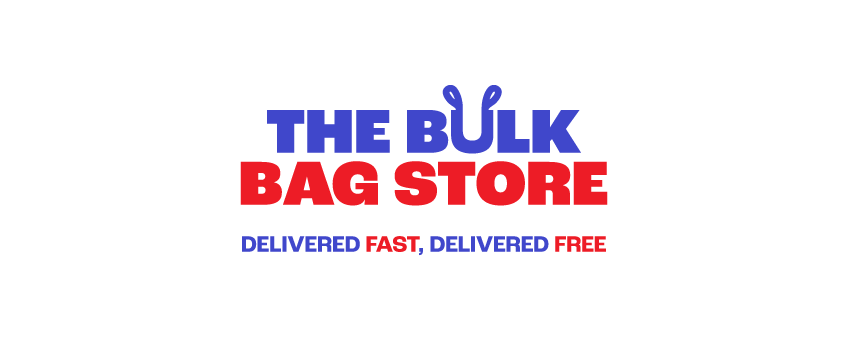Because of their strength and durability and ability to be reused multiple times, when it comes to industrial packaging, flexible intermediate bulk containers (FIBCs), or bulk bags, are an excellent eco-friendly option for companies looking to adapt to our increasingly environmentally-aware times.
Cost-effectiveness
Often, when it comes to environmentally friendly products or processes, companies can find themselves paying a higher price than they might want or be able to. However, despite being more environmentally friendly than alternative products on the market, such as pallets, for example, bulk bags are very cost-effective, which is a bonus for companies worried about their bottom line. One FIBC can carry as much material as a pallet of sacks, reducing the need for storage space and transport costs, and it can be reused more than once if it is well looked after, reducing the need to purchase more supplies.
Strength and resilience
Today, most FIBC bags are made from polypropylene (PP), which is woven to make it stronger and reduce the risk of it tearing or stretching. PP can resist mildew and moderate levels of heat and, when the seams of the bags are welded, is water-tight. On average, a PP FIBC bags can last for over three years.
Reusing FIBCs
By reusing bulk bags, companies can save themselves money in the long term, as well as helping the environment. They need to make sure, however, that they buy the right bags, ones with a 6:1 safety factor rating, which are also known as multi-trip bags.
Recycling FIBCs
Most PP bulk bags can be recycled, even those used to transport chemicals, agricultural products, and construction materials. It doesn’t matter if they are different colours (though the majority will be white) or which grade they are (A, B, or C).
Unlike other recyclable waste, companies may need to arrange for the bags to be collected, as recycling FIBCs needs to be done by larger recycling plants or ones that can store the bags till they have enough to process.
The recycling process
Recycling companies sort and clean the bags, making sure they are decontaminated, then they are fed through shredders and granulators to break them down to a manageable size for processing. The broken down bags are then separated based on colour, size, shape, melting point and how much light they can absorb.
Once the bags have been decontaminated and sorted, they are ground down into even smaller particles and melted into beads, pellets or granules (the PP that makes the bags has a high melting point of 240°C). Virgin PP is then added to the mix, which strengthens it and allows it to be used in more products.
Bags made from PP can be recycled into a range of other products, including household goods such as brushes, brooms, and bins, and parts for the automotive industry. Many of these can, in turn, be recycled when they have reached the end of their life, helping create a full-cycle recycling process and reducing the impact on the environment from the industrial packaging industries.
